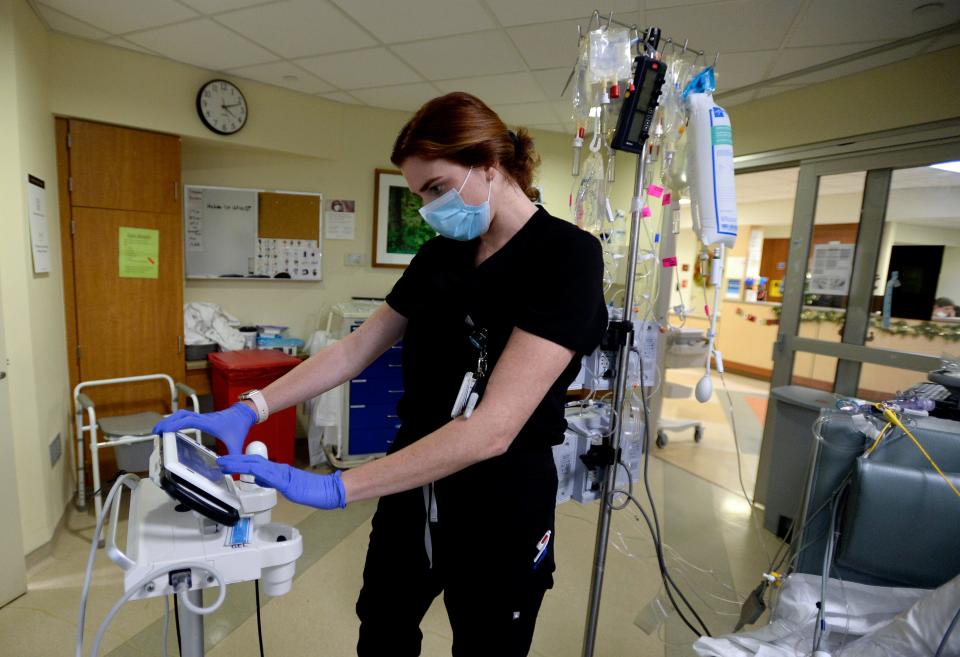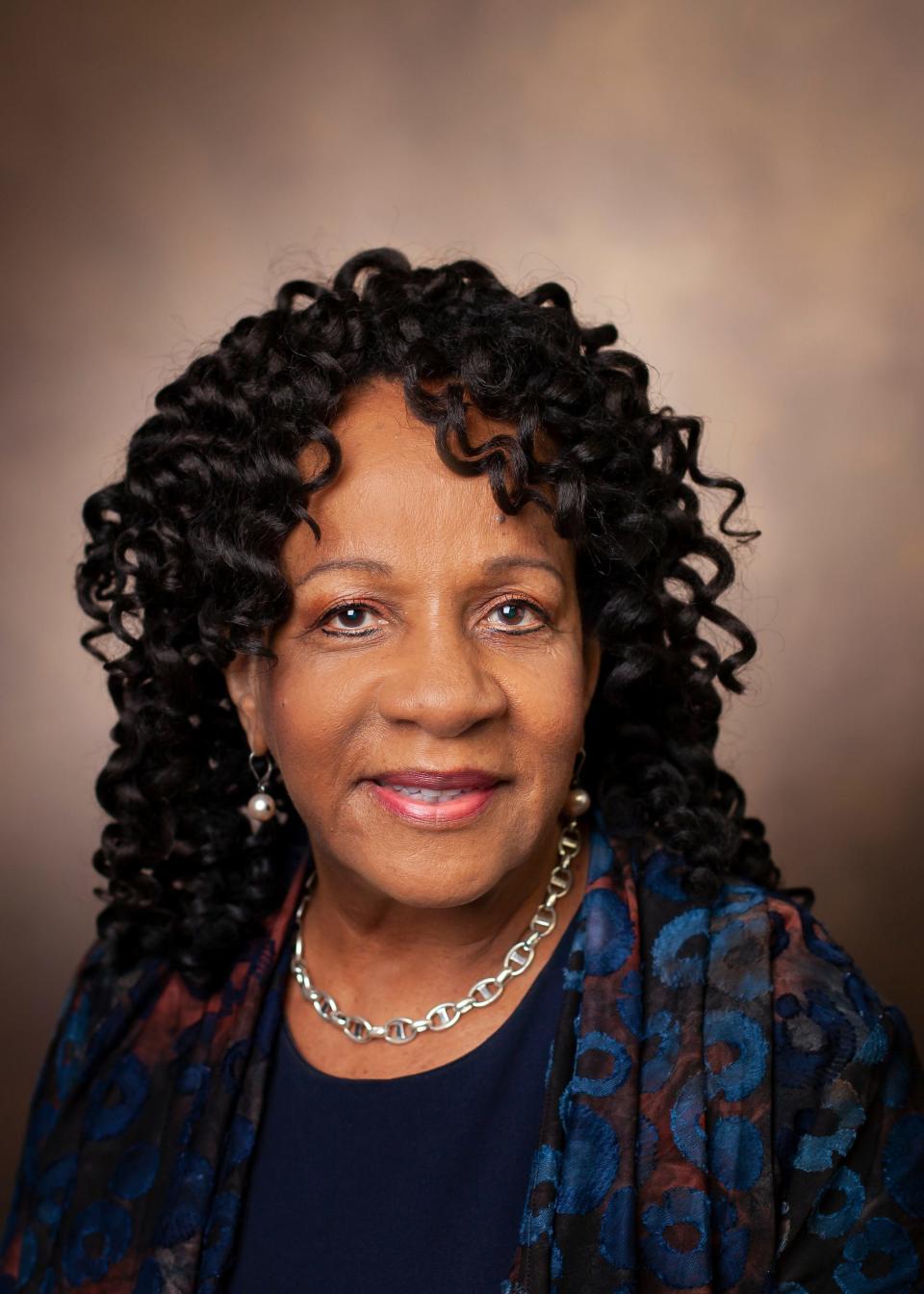We have a shortage of health care workers. This novel approach is working to fill the gap.
Headlines about the high cost of college and the staggering shortage of health care workers are almost unavoidable. Yet, there is good news on both fronts and it's developing right here in Nashville.
For two-and-a-half years I’ve been forging collaborations and partnerships with Nashville State Community College, Tennessee State University, Fortis Institute, community organizations UpRise Nashville and Grace Place Ministry as well as area high schools to establish novel training programs that address both the opportunity and the challenges of the modern economy.
We’re building lifelines for people who want to go back to school, or change careers, or get a career.
Allied health professions keep the health care systemmoving, and there’s a shortage of these professionals nationwide. It is estimated that over 85% of health facilities are experiencing shortages of these professionals, including therapists, laboratory technologists and imaging technologists.
We must design education programs with the trainees in mind
When I joined Vanderbilt University Medical Center (VUMC) in 2021, I poured over vacancy data. In the jarring vacancy rates I saw a chance to strengthen families and the health care workforce. VUMC needed more than 60 surgical technicians — a number that, when combined with demand from other providers across Tennessee, easily outpaces the availability of these workers. This scenario played out again and again in other allied health roles.

Coming from a previous role as a health sciences dean, the shortage of health professionals is top of mind and is particularly stark in the allied health fields. People are interested in a medical career, but life happens and everyday costs, such as a car repair or childcare, take priority over tuition or training materials. The training programs we’re rolling out are trainee-centric and designed to ameliorate some of these obstacles.
The VUMC model allows current employees to keep their salaries and their tuition is paid when they enroll in high demand allied health programs. Local community residents accepted into these programs also benefit from tuition coverage and a stipend to help with living expenses. It’s vital that we work with our higher education colleagues across the city, and stay focused on what real life obstacles stand in people’s way.
When programs are designed with the prospective trainee in mind, the results are phenomenal. Since the first pilot we’ve seen almost 200 people matriculate into an increasing number of essential allied health programs – and demand is growing.
Our results so far are a textbook example of cultivating a win-win-win for all concerned.
This is just the start of a community-oriented approach
Your neighbors from all around the greater Nashville area who participate in these programs acquire valuable skills, a livable wage and employment at a major health center, which could otherwise seem to be an unattainable dream.
The Nashville economy sees its share of skilled workers increase, and benefits from families that feel more stable and connected into the community. By investing in its workforce, VUMC nurtures its employees and fills its vacancies with those who have institutional commitment – which research shows has a tangible impact on patient care.
Trainees often tell me: “This program has changed my life. I’ve been looking to start a career but didn’t have the money or the opportunity. I am thankful.”
We’re giving people a chance to better themselves by boosting their earning capacity – and be a role model for their children – while benefiting the community.

These lifelines have come to fruition because community-oriented, creative people decided to work together to try something new. And I’m excited to say we’re just getting started.
Peggy Valentine, EdD, Vanderbilt University Medical Center as vice president for allied health education. Dr. Valentine will be participating in a live chat with other partners about their experience and why it’s important on Jan. 31 on the DNA Discoveries in Action podcast. Join the conversation here at 10:30 a.m. CT.
This article originally appeared on Nashville Tennessean: Health care worker shortage led to this novel approach to training

